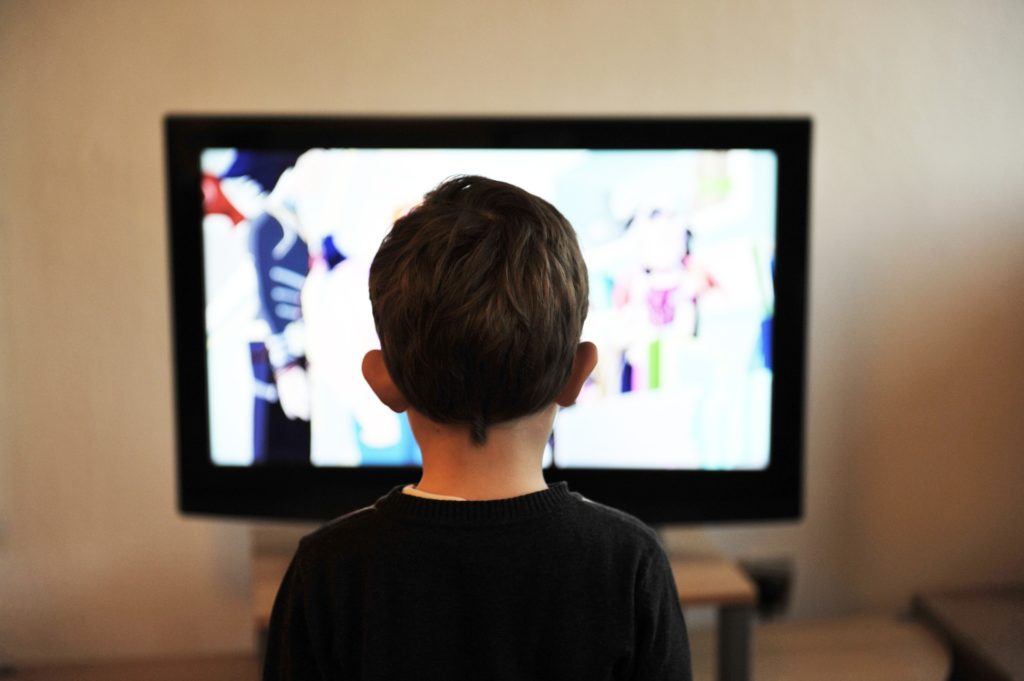In recent months, there has been considerable media coverage of tragic events and trauma. These tragic events have been reported in places like schools, malls and places of worship. Recently, two survivors of the Marjory Stoneman Douglas High School shooting died by suicide in the wake of its anniversary. As the horrific effects of these traumatic events continue, let’s talk about trauma, how it affects us and what we can do to try and cope with it.
Trauma involves a distressing experience; vicarious trauma is when a person bears witness to another’s trauma. It is important to note that having emotions of sadness, confusion, grief, loss, and anger are common and a normal reaction to catastrophic events involving tragedy and death, especially when children are involved.
Try to limit your own vicarious exposure.
While media platforms (TV, radio, internet, print, text messaging) are valuable resources for news, they can simultaneously contribute to anxiety, worry, and fear. The repetitive nature of the news cycle is often hypnotic in nature. Control and limit the actual amount of time directly watching/or listening to the constant chatter. You control the exposure rather than the exposure controlling you.

Be mindful of social referencing.
Children emotionally respond to events by observing how immediate family members and caregivers respond. Children will mirror and “copycat” these responses. If a parent is glued to TV coverage then a child will also replicate this behavior. Parents should monitor and supervise the quality and quantity of media exposure. Observe for changes in sleep, appetite, concentration, and mood. Changes in these areas lasting more than two weeks require further assessment and potential medical attention.
For children younger than 12, validate their questions and concerns with simple directness.
Children seek to be heard and acknowledged. Ambiguous answers can leave them anxious, insecure, and distrustful. Their worry can manifest with insomnia, stomach upset, headaches, and school avoidance. Reassurance from you can go a long way. For children over 12, again keep answers simple and to the point. Ask them more open-ended questions like, “How would you have handled a similar situation?” Intellectualizing the event can be helpful for adolescents to master their anxiety. In today’s society, these types of conversations are essential to help secure the safety and well-being of our youth.
 Regulate your daily routine.
Regulate your daily routine.
Adults should maintain the consistency of their daily routines. Mealtimes, bedtimes, exercise, and family activities should NOT be altered for the sake of “catching the latest update.” Refrain from using handheld devices at meals and in social situations.
Make sensible preparations.
In the event of any local incident, empower yourself and your family with awareness surrounding the processes of local law enforcement. Please consider formulating a family communication strategy such that everyone “checks in.”
Sustain optimism.
Every effort should be made to stay optimistic and hopeful about the future. Friends, family, and peer groups may have a negative and doomsday attitude surrounding these awful events. However, the tragedy and the loss of life have to be processed in the context in which it occurred. Vigilance and awareness are healthy to maintain but a fatalistic view is counterproductive and unhealthy. Focus on gratefulness for what you have.
It takes a community working together to make a difference and address the difficult topics of mental health and the needs of those who have survived trauma. The single most important thing we can all do today is to have the courage to look at this problem and talk about it, understand the issues, and take action.
If you, or a loved one, have experienced trauma and are struggling to cope, seek help and support. Peace River Center offers a number of therapy techniques to treat trauma-related disorders. Our specialized therapists can help guide you or your loved one toward recovery.
Our Mobile Crisis Response Team is available 24 hours a day, seven days a week in Polk, Highlands, and Hardee counties. If you are in need of mental health crisis services, please call our Crisis Response Line at 863.519.3744. If you are experiencing a medical crisis, call 911.



 Regulate your daily routine.
Regulate your daily routine.